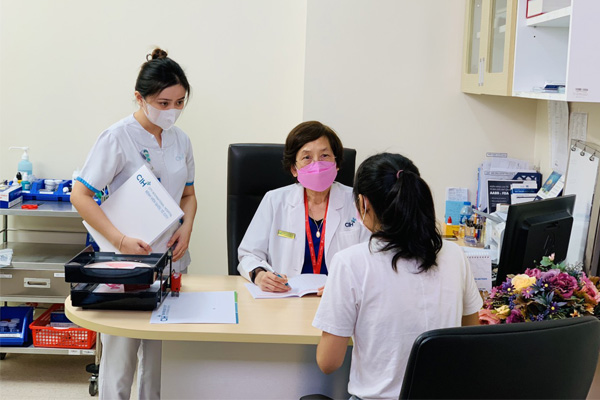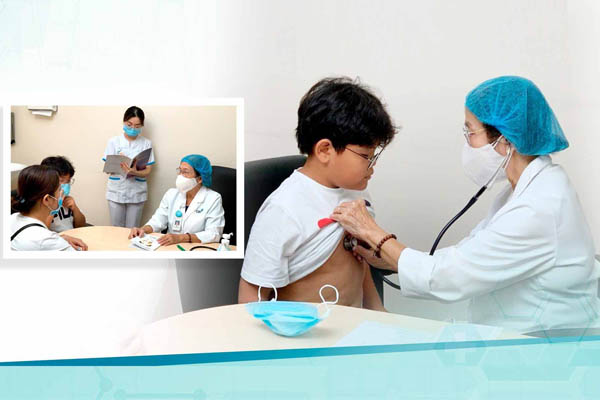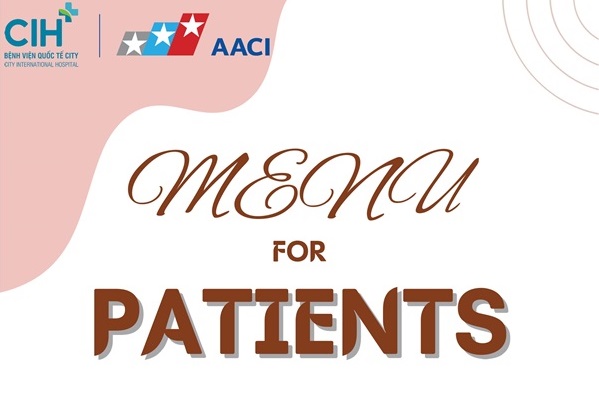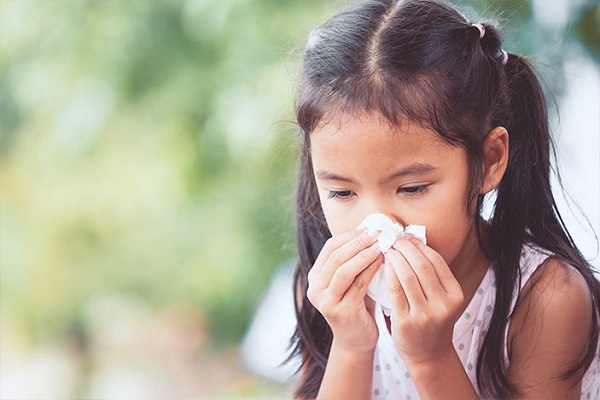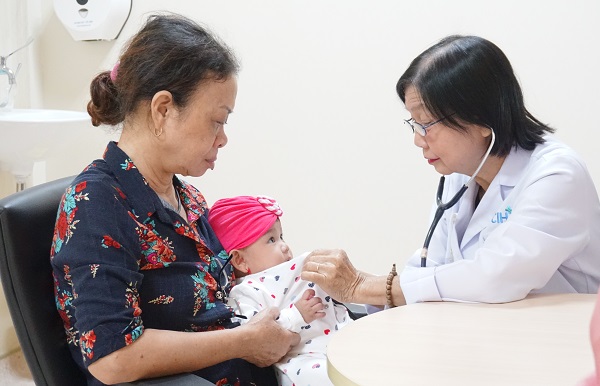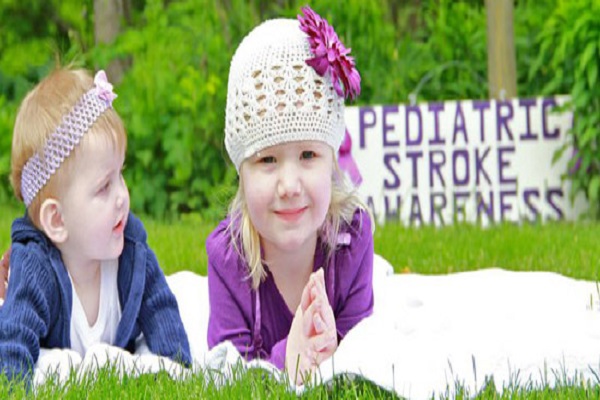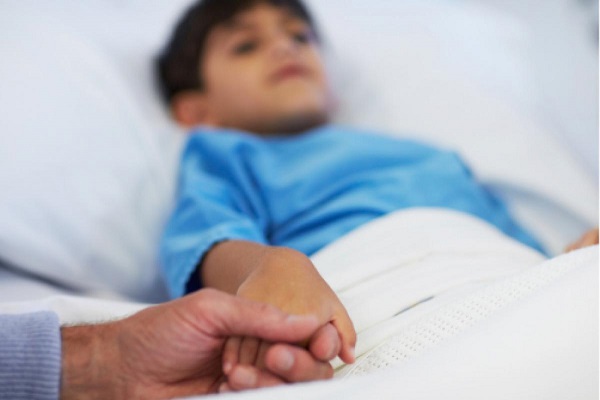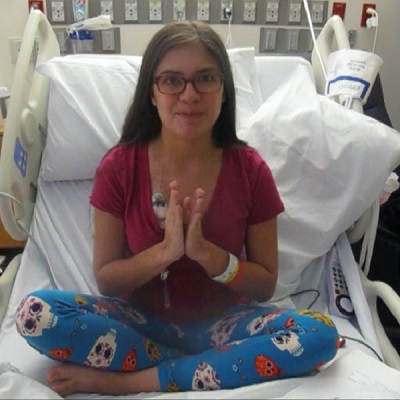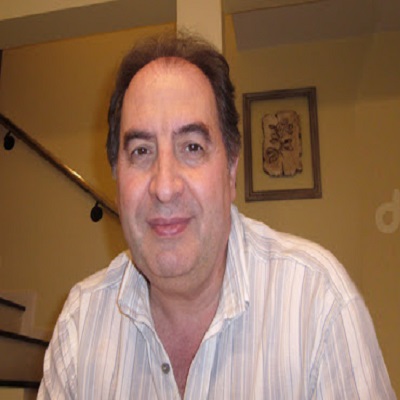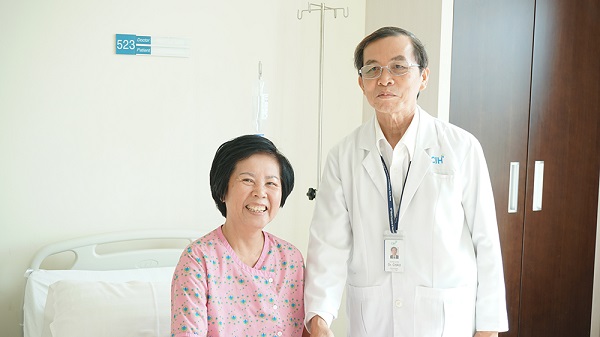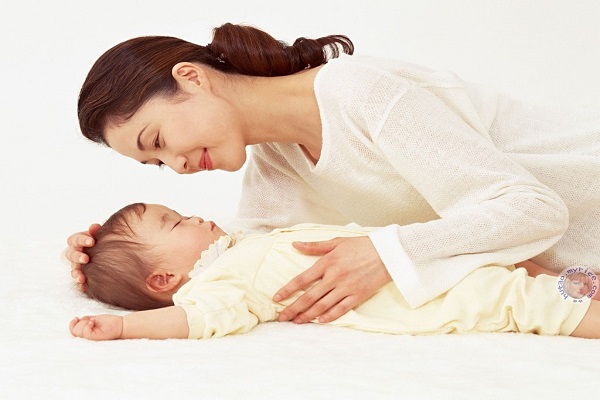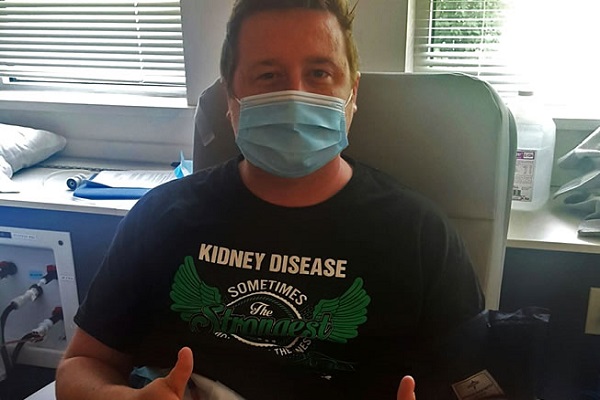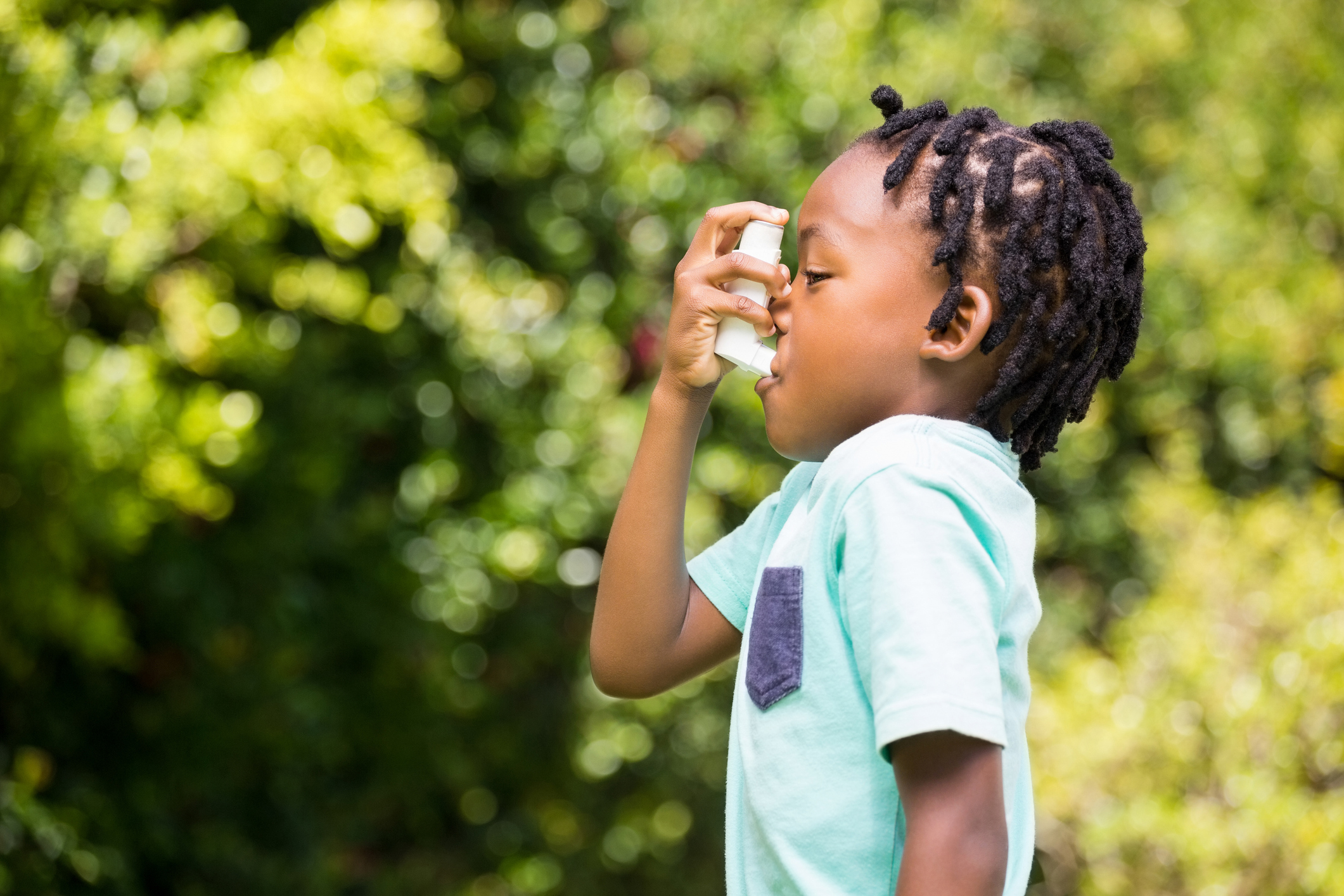
Asthma in Children, just like asthma in adults, can't be cured. But with the right medications and treatment plan, symptoms can be controlled. This is extremely important in order to prevent damage to growing lungs.
Pediatric asthma definition
In childhood asthma, the lungs and airways become easily inflamed when exposed to certain triggers, such as inhaling pollen or catching a cold or other respiratory infection. Childhood asthma can cause bothersome daily symptoms that interfere with play, sports, school and sleep. In some children, unmanaged asthma can cause dangerous asthma attacks.
Childhood asthma isn't a different disease from asthma in adults, but children face unique challenges. The condition is a leading cause of emergency department visits, hospitalizations and missed school days. Unfortunately, childhood asthma can't be cured, and symptoms can continue into adulthood. But with the right treatment, you and your child can keep symptoms under control and prevent damage to growing lungs.
Symptoms
Common childhood asthma signs and symptoms include:
- Frequent coughing that worsens when your child has a viral infection, occurs while your child is asleep or is triggered by exercise or cold air
- A whistling or wheezing sound when breathing out
- Shortness of breath
- Chest congestion or tightness
Childhood asthma might also cause:
- Trouble sleeping due to shortness of breath, coughing or wheezing
- Bouts of coughing or wheezing that get worse with a cold or the flu
- Delayed recovery or bronchitis after a respiratory infection
- Trouble breathing that hampers play or exercise
- Fatigue, which can be due to poor sleep
- Asthma signs and symptoms vary from child to child, and might get worse or better over time. Your child might have only one indication, such as a lingering cough or chest congestion.
It can be difficult to tell whether your child's symptoms are caused by asthma. Periodic or long-lasting wheezing and other asthma-like symptoms can be caused by infectious bronchitis or another respiratory problem.
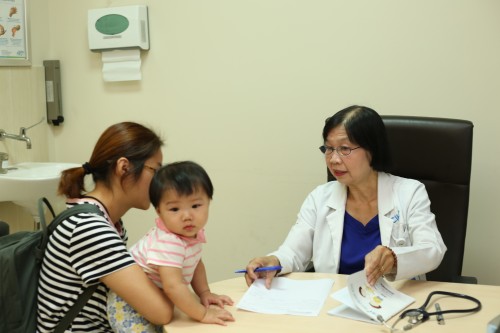
Nguyen Bach Hue, MD - Head of Pediatrics and Neonatal Intensive Care
Causes
It is not always possible to identify the cause of asthma in children, and a child may develop the condition with no apparent triggers. The main possible causes of asthma in children are:
- Genetic predisposition. Children with a family history of asthma, eczema, hives and/or allergic rhinitis develop asthma more commonly than those without.
- Environmental factors. Exposure to air pollutants, including cigarette smoke and potential triggers of asthma, including dust mites, pollen and pet dander, may cause children to develop asthma.
- Infections. Children may develop asthma as a result of certain types of infections that affect the airways, including viral infections such as the common cold.
Risk factors
Factors that might increase your child's likelihood of developing asthma include:
- Exposure to tobacco smoke, including before birth
- Previous allergic reactions, including skin reactions, food allergies or hay fever (allergic rhinitis)
- A family history of asthma or allergies
- Living in an area with high pollution
- Obesity
- Respiratory conditions, such as a chronic runny or stuffy nose (rhinitis), inflamed sinuses (sinusitis) or pneumonia
- Heartburn (gastroesophageal reflux disease, or GERD)
- Being male
- Being black or Puerto Rican
Complications
- Asthma can cause a number of complications, including:
- Severe asthma attacks that require emergency treatment or hospital care
- Permanent decline in lung function
- Missed school days or getting behind in school
- Poor sleep and fatigue
- Symptoms that interfere with play, sports or other activities
Prevention
- Careful planning and avoiding asthma triggers are the best ways to prevent asthma attacks.
- Limit exposure to asthma triggers. Help your child avoid the allergens and irritants that trigger asthma symptoms.
- Don't allow smoking around your child. Exposure to tobacco smoke during infancy is a strong risk factor for childhood asthma, as well as a common trigger of asthma attacks.
- Encourage your child to be active. As long as your child's asthma is well-controlled, regular physical activity can help the lungs to work more efficiently.
- See the doctor when necessary. Check in regularly. Don't ignore signs that your child's asthma might not be under control, such as needing to use a quick-relief inhaler too often.
- Asthma changes over time. Consulting your child's doctor can help you make needed treatment adjustments to keep symptoms under control.
- Help your child maintain a healthy weight. Being overweight can worsen asthma symptoms, and it puts your child at risk of other health problems.
- Keep heartburn under control. Acid reflux or severe heartburn (gastroesophageal reflux disease, or GERD) might worsen your child's asthma symptoms. He or she might need over-the-counter or prescription medications to control acid reflux.
When to see a doctor
- Take your child to see the doctor if you suspect he or she has asthma. Early treatment will help control symptoms and possibly prevent asthma attacks.
- Make an appointment with your child's doctor if you notice:
- Coughing that is constant, is intermittent or seems linked to physical activity
- Wheezing or whistling sounds when your child breathes out
- Shortness of breath or rapid breathing
- Complaints of chest tightness
- Repeated episodes of suspected bronchitis or pneumonia
- If your child has asthma, he or she may say things such as, "My chest feels funny" or "I'm always coughing." Listen for coughing, which might not wake your child, when he or she is asleep. Crying, laughing, yelling, or strong emotional reactions and stress also might trigger coughing or wheezing.
- If your child is diagnosed with asthma, creating an asthma plan can help you and other caregivers monitor symptoms and know what to do if an asthma attack occurs.
When to seek emergency treatment
In severe cases, you might see your child's chest and sides pulling inward as he or she struggles to breathe. Your child might have an increased heartbeat, sweating and chest pain. Seek emergency care if your child:
- Has to stop in midsentence to catch his or her breath
- Is using abdominal muscles to breathe
- Has widened nostrils when breathing in
- Is trying so hard to breathe that the abdomen is sucked under the ribs when he or she breathes in
- Even if your child hasn't been diagnosed with asthma, seek medical attention immediately if he or she has trouble breathing. Although episodes of asthma vary in severity, asthma attacks can start with coughing, which progresses to wheezing and labored breathing.
For more information about medical services provided, please contact:
- Nurse Station: (8428) 6280 3333, ext. 8104/ 8105 or 8106
- Patient service: (8428) 6280 3333, ext. 8100 or 8101
- Ambulance: (8428) 6280 3333, ext. 8107 or 8108
- Operator: (8428) 6280 3333, ext. 8035 or 8036
- Address: No. 3, 17A Street, Binh Tri Dong B Ward, Binh Tan Dist. (Next to AEON Mall Binh Tan). Ho Chi Minh City.
- Website: https://cih.com.vn/en/
- Email: This email address is being protected from spambots. You need JavaScript enabled to view it.













